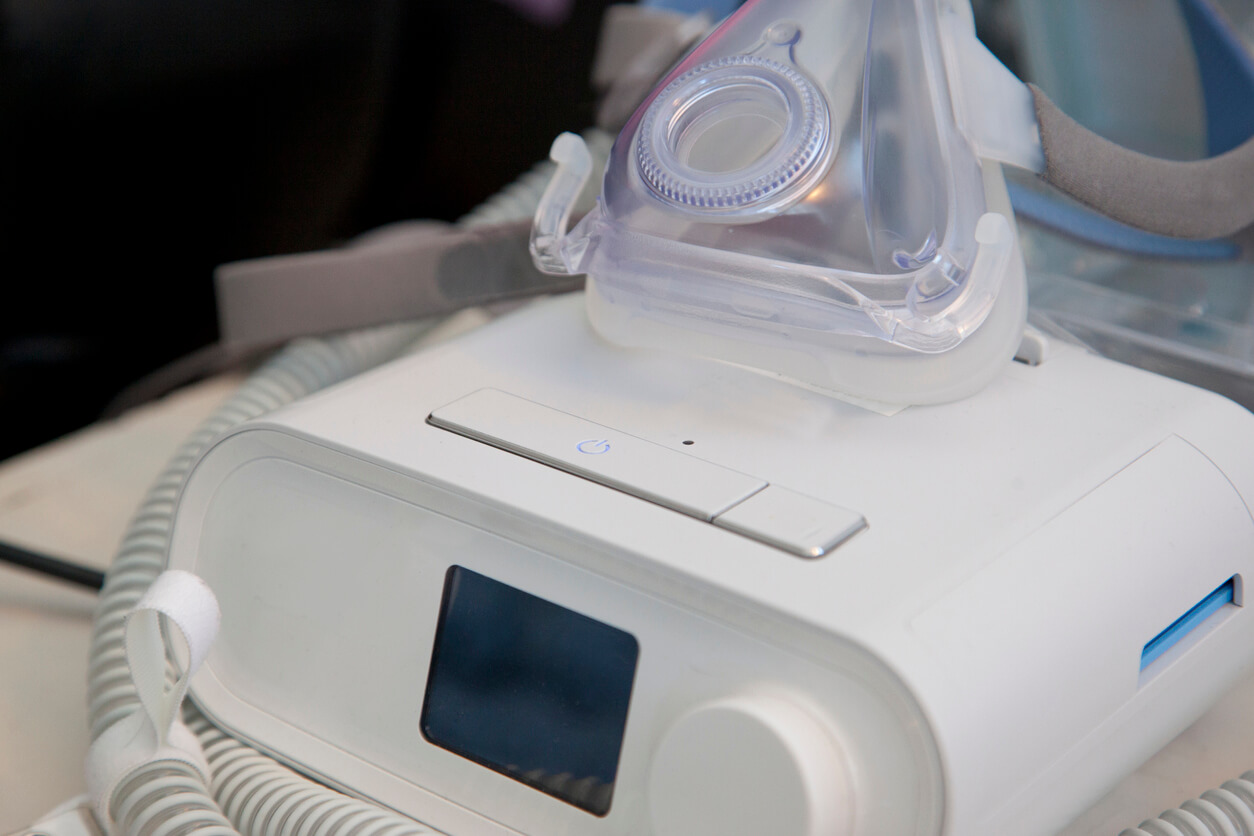SoClean CPAP Lawsuit: Philips Knew for Years that Its Products ‘Created Serious Risk of Harm’
Editors carefully fact-check all Drugwatch content for accuracy and quality.
Drugwatch has a stringent fact-checking process. It starts with our strict sourcing guidelines.
We only gather information from credible sources. This includes peer-reviewed medical journals, reputable media outlets, government reports, court records and interviews with qualified experts.

SoClean filed an amended complaint in its CPAP lawsuit against Philips, stating that the CPAP maker has been blaming SoClean’s ozone devices for its CPAP recall when it has known for years that its products could cause serious harm to consumers.
“In short, Philips engaged in a deliberate cover-up and initiated a dishonest smear campaign against SoClean to shirk responsibility and accountability for its own corporate malfeasance,” SoClean said in its amended Dec. 2, 2021 complaint filed in the United States District Court District of Massachusetts.
Philips originally recalled its CPAP, BiPAP and ventilator devices in June 2021 after lab tests revealed PE-PUR sound abatement foam could break down and particles and gasses from degraded foam could be inhaled or ingested and cause serious toxic and carcinogenic health problems. The CPAP maker said high humidity and using ozone cleaners could contribute to foam degradation.
SoClean originally sued Philips in October 2021. According to the complaint, Philips deliberately misled the public and blamed SoClean’s ozone cleaning products for its CPAP recall. SoClean amended its complaint to reflect the U.S. Food and Drug Administration’s November 2021 CPAP recall update and inspection report of Philips’ manufacturing facilities.
“We have amended our Complaint to include information from the FDA’s recent inspection of a Philips Respironics manufacturing facility. The FDA stated that the purpose of the inspection was to determine what may have caused or contributed to the foam issues in Philips’ recalled devices,” a SoClean representative said in an emailed statement to Drugwatch. “As stated in our amended Complaint, the FDA report confirmed that Phillips had been receiving customer complaints about its foam long before SoClean machines were even on the market and with respect to ventilator devices for which SoClean is not compatible. This newly revealed information only bolsters our claims against Philips.”
In the report, the FDA investigator noted that Philips has received complaints about its foam since at least 2015 about degrading PE-PUR foam. SoClean’s complaint added that the report didn’t list a single reference to ozone and that Philips had been receiving complaints about its PE-PUR foam long before SoClean’s ozone machines were even on the market.
“The FDA’s report also confirmed that Philips took no corrective action while the company’s executives concealed damaging information and problematic test results from the public,” the amended complaint states.
SoClean is seeking damages in excess of $200 million. In addition to SoClean’s lawsuit, Philips faces class action lawsuits and individual CPAP lawsuits from people who say they suffered serious injuries.